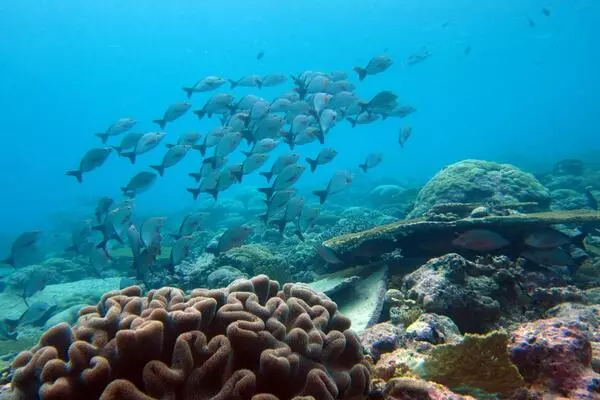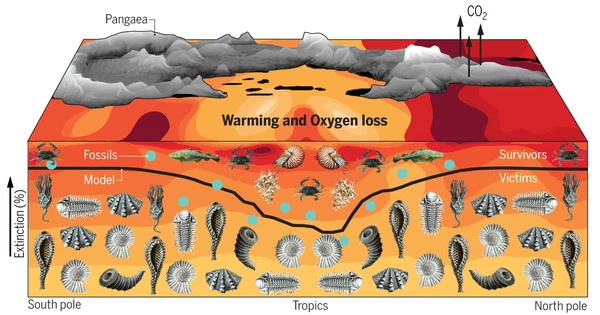Marine conservation is critical to climate change mitigation because it helps to preserve and restore marine ecosystems, which in turn contribute to carbon sequestration, climate regulation, and overall environmental resilience.
Marine protected areas protect the oceans, seas, and estuaries. These zones aid in the preservation of the plants and animals that live in these waters, but the benefits of protected areas extend far beyond their borders. A team of researchers explains how marine protected areas help to sequester carbon and foster ecological and social adaptation to climate change in a review published in the journal One Earth.
“Marine protected areas are increasingly being promoted as an ocean-based climate solution. Yet such claims remain controversial due to the diffuse and poorly synthesized literature on climate benefits of marine protected areas,” write the authors. “To address this knowledge gap, we conducted a systematic literature review of 22,403 publications spanning 241 marine protected areas.”
Marine protected areas are increasingly being promoted as an ocean-based climate solution. Yet such claims remain controversial due to the diffuse and poorly synthesized literature on climate benefits of marine protected areas.
The authors discovered that carbon sequestration increased significantly in seagrass areas, mangroves, and areas where sediment was not trawled. “Partial or complete degradation of mangroves and seagrass both resulted in similar decreases of sequestered carbon, indicating that even low levels of human impact result in significant carbon emissions,” they write.
Coastal ecosystems such as mangroves, salt marshes, and seagrass meadows are extremely efficient at capturing and storing carbon dioxide from the atmosphere. These ecosystems are referred to as “blue carbon” sinks. Marine conservation efforts contribute to the removal of CO2 from the atmosphere, thereby helping to mitigate global warming.

Aside from increasing carbon sequestration, preserved areas were more biodiverse, had higher species richness, and provided benefits to humans. Marine protected areas provided more food security, and fish stocks in adjacent waters increased. The authors point out that the benefits of these protected areas for mitigation and adaptation were only realized with high levels of protection, and that the benefits increased the longer an area was protected.
“Only full and high levels of protection resulted in mitigation or adaptation benefits across all four pathways examined,” they write. “By contrast, low levels of protection yielded no benefits.” Furthermore, increases in species richness and fisher income occurred only in fully protected areas where fishing was prohibited.”
Intact marine ecosystems, such as coral reefs, salt marshes, and mangroves, act as natural barriers against storm surges and coastal erosion. These ecosystems can protect communities from the effects of extreme weather events, allowing for climate change adaptation and resilience.
















